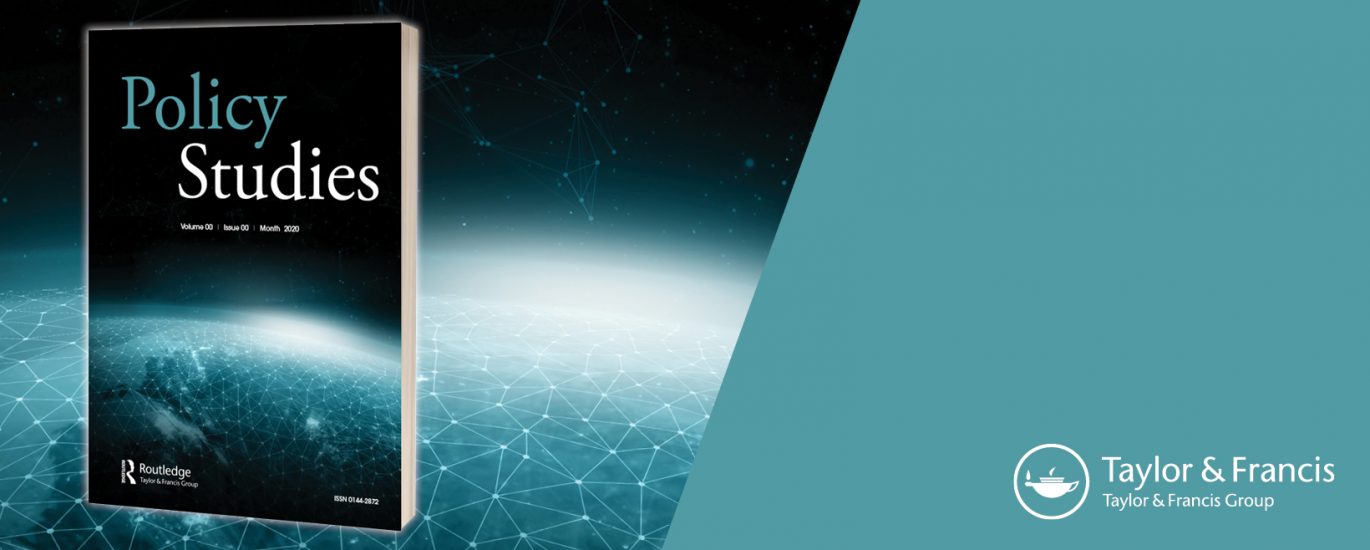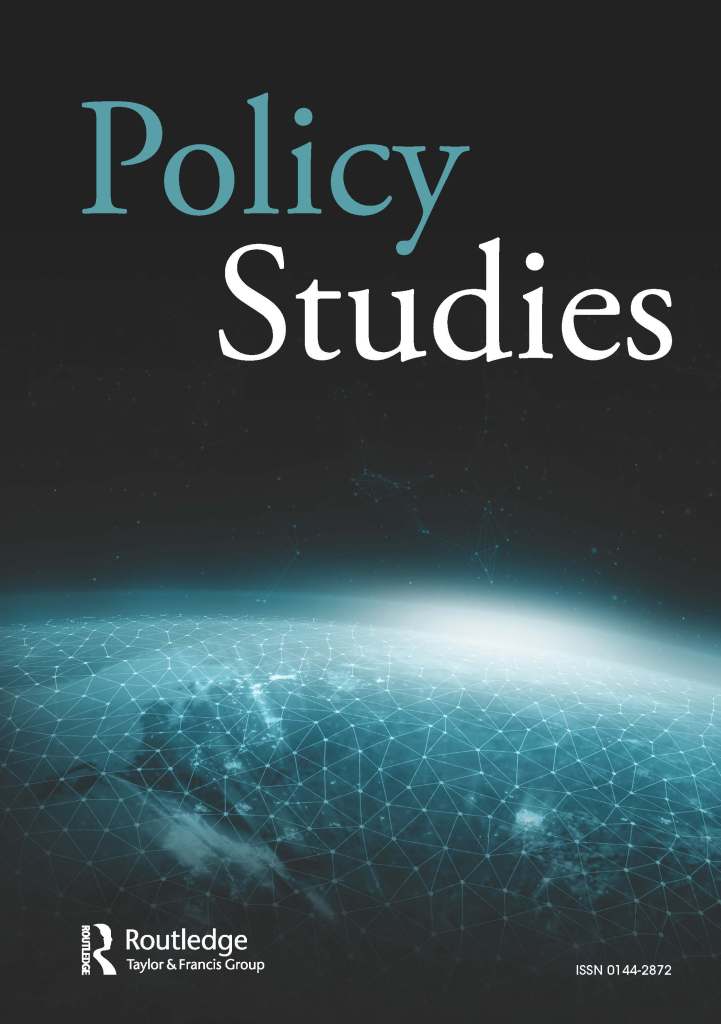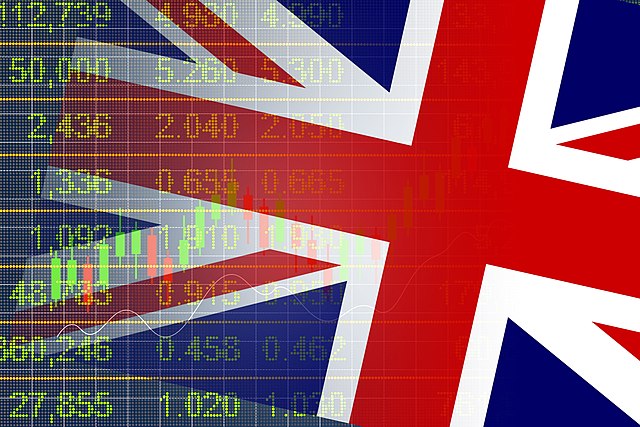Special issue of Policy Studies, due for publication 22nd April 2023.
A special issue of the journal Policy Studies has been guest edited by a team at UEA.
Guest editors: Pierre Bocquillon, Suzanne Doyle, Toby James, Ra Mason, Soul Park and Matilde Rosina
About the special issue
Russia invaded Ukraine in February 2022, in an escalation of a conflict that began in 2014. The immediate consequences were the loss of life and the large volume of refugees from Ukraine. However, the consequences are far reaching in Ukraine and beyond, given the close interconnection of international political, economic and policy systems.
The traditional focus of the effects of wars is on inter-state relations and strategic issues. However, there are potentially much wider global consequences for a greater variety of policy areas. The effects of these are not always studied so closely – or in a more unified way, with the effects of war usually the preserve of strategic studies. Policy studies often tends to treat the effects of war as an ‘external shock’ or ‘punctuated equilibrium’ with little further theoretical reflection.
This special issue will consider the first consequences of the war, still ongoing at the time of the call, aware that these are changing in real time. Papers are welcome on the effects of the war on particular policy areas in Ukraine, across Europe and globally– but also how theoretical concepts such as ‘exogenous shocks’ and ‘punctuated equilibrium’ are used for understanding policy change.
Special issue contents:
Introduction and theoretical framework:
- ‘The Effects of Wars: Lessons from the first consequences of the war in Ukraine‘ Pierre Bocquillon, Suzanne Doyle, Toby James, Ra Mason, Soul Park and Matilde Rosina (University of East Anglia and University of Brunel).
The effects on human capabilities and economies:
- ‘The impact of the war on human capital and productivity in Ukraine’, Balázs Égert (OECD Economics Department, Paris, France; University Paris X-Nanterre’ cCESifo, Germany) and Christine de la Maisonneuve (OECD Economics Department, Paris, France)
- ‘Tax policy of Ukraine in terms of martial law’, Vladyslav Teremetskyi, Volodymyr Valihura, Maryna Slatvinska ,Valentyna Bryndak and Inna Gutsu (National Academy of Legal Sciences of Ukraine, Kyiv, Ukraine; West Ukrainian National University, Ternopil, Ukraine; Odessa National University of Economics, Odessa, Ukraine; West Ukrainian National University, Ternopil, Ukraine).
- Disrupted harvests: how Ukraine – Russia war influences global food systems – a systematic review, Hamid El Bilali (CIHEAM-Bari, Italy) and Tarek Ben Hassen (Qatar University,Qatar)
- Uncertainty, stock and commodity prices during the Ukraine-Russia war’, Whelky Boungou (Paris School of Business, France) & Alhonita Yatié (Université Catholique de l’Ouest, France).
- ‘The Impact of the War in Ukraine on European Union Currencies: A High-Frequency Analysis‘ Mahmut Zeki Akarsu (University of Warsaw, Poland) and Orkideh Gharehgozli (Montclair State University, USA)
The effects on values, beliefs and attitudes:
- ‘Forged in the Fires of War: The Rise of a New Ukrainian Identity’ Aaron Brantly (Virginia Tech., USA)
- ‘Increased support for collective defence in times of threat: European public opinion before and after Russia’s invasion of Ukraine’, Dr. Matthias Mader (Universität Konstanz, Germany).
- Chains of insecurities: constructing Ukraine’s agency in times of war Yuliia Kurnyshova, (University of Copenhagen, Kobenhavn, Denmark)
The effects on policy and governance:
- EU arms collaboration, procurement, and offsets: the impact of the war in Ukraine, Jonata Anicetti (Metropolitan University Prague, Czech Republic)
- Gradually and then suddenly: the effects of Russia’s attacks on the evolution of cybersecurity policy in Lithuania‘ Ramūnas Vilpišauskas (Vilnius University, Lithuania).
- The war in Ukraine, the EU’s geopolitical awakening and implications for the “contested neighbourhood” Ryhor Nizhnikau and Arkady Moshes (Ulkopoliittinen instituutti, Finland)
- The arrival of Ukrainian refugees as an opportunity to advance migrant integration policy (Marie Jelínková, Michal Plaček and František Ochrana (Charles University, Czech Republic).
- ‘Migration and soft power: The EU’s visa and refugee policy response to the war in Ukraine‘, Matilde Rosina (University of Brunel, UK)
- Conflict disruptions of epistemic communities: initial lessons from the impact of the Russian, invasion of Ukraine, Anna Ivanova and Paul Thiers (Washington State University, USA)
The effects on power and relationships
- Strategic Narratives of Russia’s War in Ukraine: Perspectives from China‘ Xuechen Chen (Northeastern University, London) and Angela Pennisi di Floristella (University of Malta)
- Russia-Ukraine War, India, and US Grand Strategy: Punishing or Leveraging Neutrality?‘ Chirayu Thakkar (National University of Singapore).
- ‘Wind of change: the impact of REPowerEU policy reforms on gas security’ Moniek de Jong (Ghent University, Belgium)
- The Arab Gulf states in the Asian energy market: is the Russia-Ukraine war a game changer?, Li-Chen Sim (Khalifa University of Science and Technology, United Arab Emirates)
- ‘Rethinking Change in Japan’s Security Policy: Punctuated Equilibrium Theory and Japan’s Response to the Russian Invasion of Ukraine’, Paul O’Shea (Lund University, Sweden) and Sebastian Maslow (Sendai Shirayuri Women’s College, Japan)






